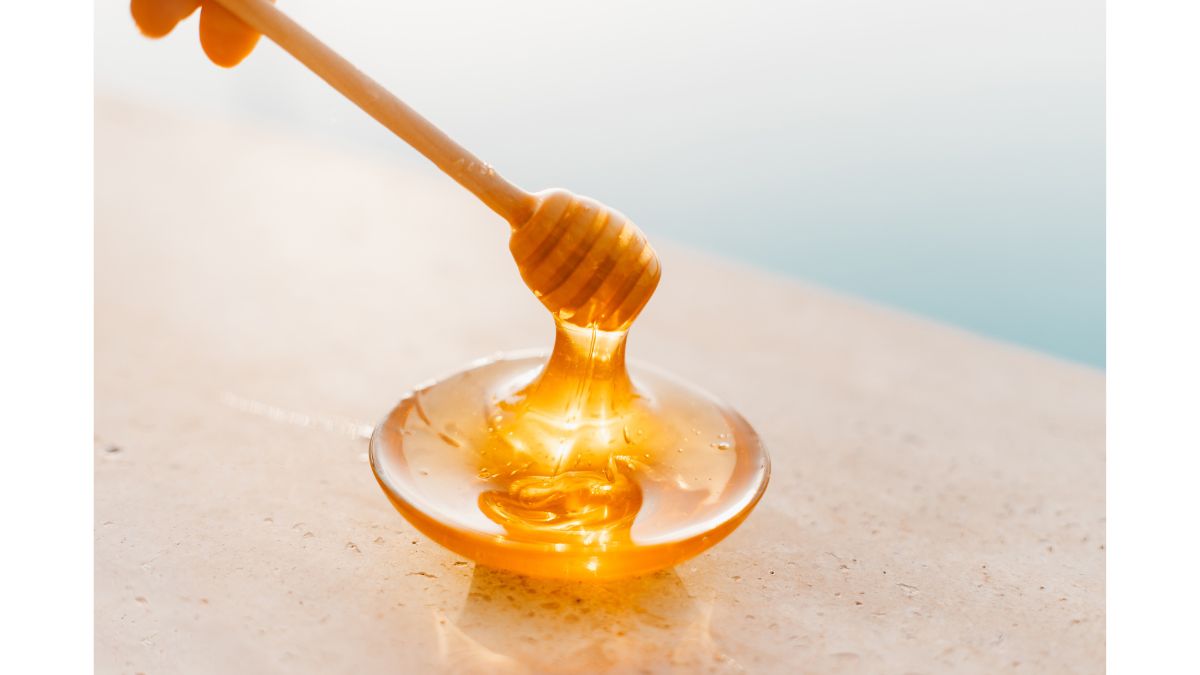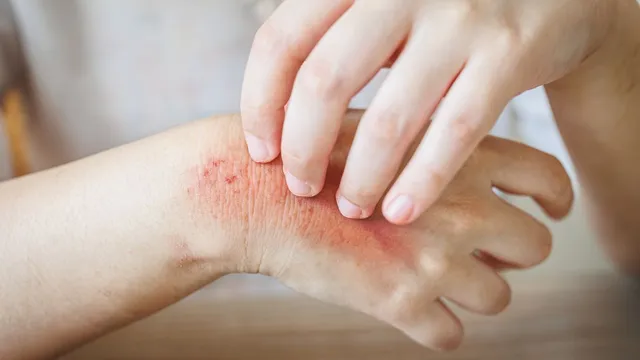- By Prerna Targhotra
- Fri, 28 Jun 2024 10:15 AM (IST)
- Source:JND
Tips To Prevent Fungal Infections: Monsoon seasons call for a much-needed respite from high temperatures and scorching heat. Although the rainy season is something we all eagerly wait for, it brings with it great levels of humidity and moisture in the air that has numerous disadvantages for skin health. Besides water-borne diseases such as malaria, dengue, chikungunya and others, rainy weather can also be a prominent factor in causing fungal infections.
The humid, wet and damp conditions during the monsoon season provide a great opportunity for the growth and multiplication of several fungi and bacteria. But you can adopt some preventive measures to protect yourself from fungal infections. Here are some easy home remedies that you can try to portect yourself and your loved ones from fungal infections in rainy season.

Ways To Prevent Fungal Infections During Monsoon
Use Neem
Neem is a medicinal plant that helps improve dental health since it has anti-inflammatory, antioxidant, and immune-boosting properties. Its anti-ageing qualities are what make it most famous. Neem is extraordinarily helpful in shielding the skin from damaging UV radiation, pollutants, and other health issues. Neem leaves are very beneficial to the skin and can effectively treat fungal skin infections.
Coconut Oil
The antifungal and microbial qualities of coconut oil can aid in the treatment of ringworm infections. It is a very potent topical home treatment for ringworm and other fungal infections, such as candida.
ALSO READ: 5 Healthful Nut Milk Varieties To Adopt A Dairy-Free Diet
Honey

Tips To Prevent Fungal Infections (Image Credits: Canva)
One of the simplest home remedies for fungal infections is to use honey, as it contains hydrogen peroxide, which is highly effective in killing the fungi and bacteria that cause infections. Honey is primarily composed of sugar, but it also contains vitamins, minerals, iron, zinc, and antioxidants. Honey is also beneficial for treating infections, fighting metabolic syndrome, and supporting healthy skin.
Aloe Vera
Aloe vera has strong antibacterial and antioxidant qualities that aid in the fight against free radicals. It is also the most popular natural treatment for several health issues, including skincare and haircare. Aloe vera may relieve discomfort, irritation, and itching associated with ringworm.
Tea Tree Oil
The Australian tea tree's leaves are steam-distilled to produce this essential oil. Because of its antifungal and anti-inflammatory properties, tea tree oil, according to NCBI, may be a useful supplement to conventional antifungal medications.
ALSO READ: Expert Shares Insights On How Loneliness Has Become Silent Epidemic And Measures To Combat It
(Disclaimer: This article is for informational purposes only. It is not a substitute for professional advice, diagnosis or treatment.)

